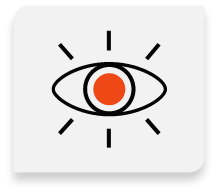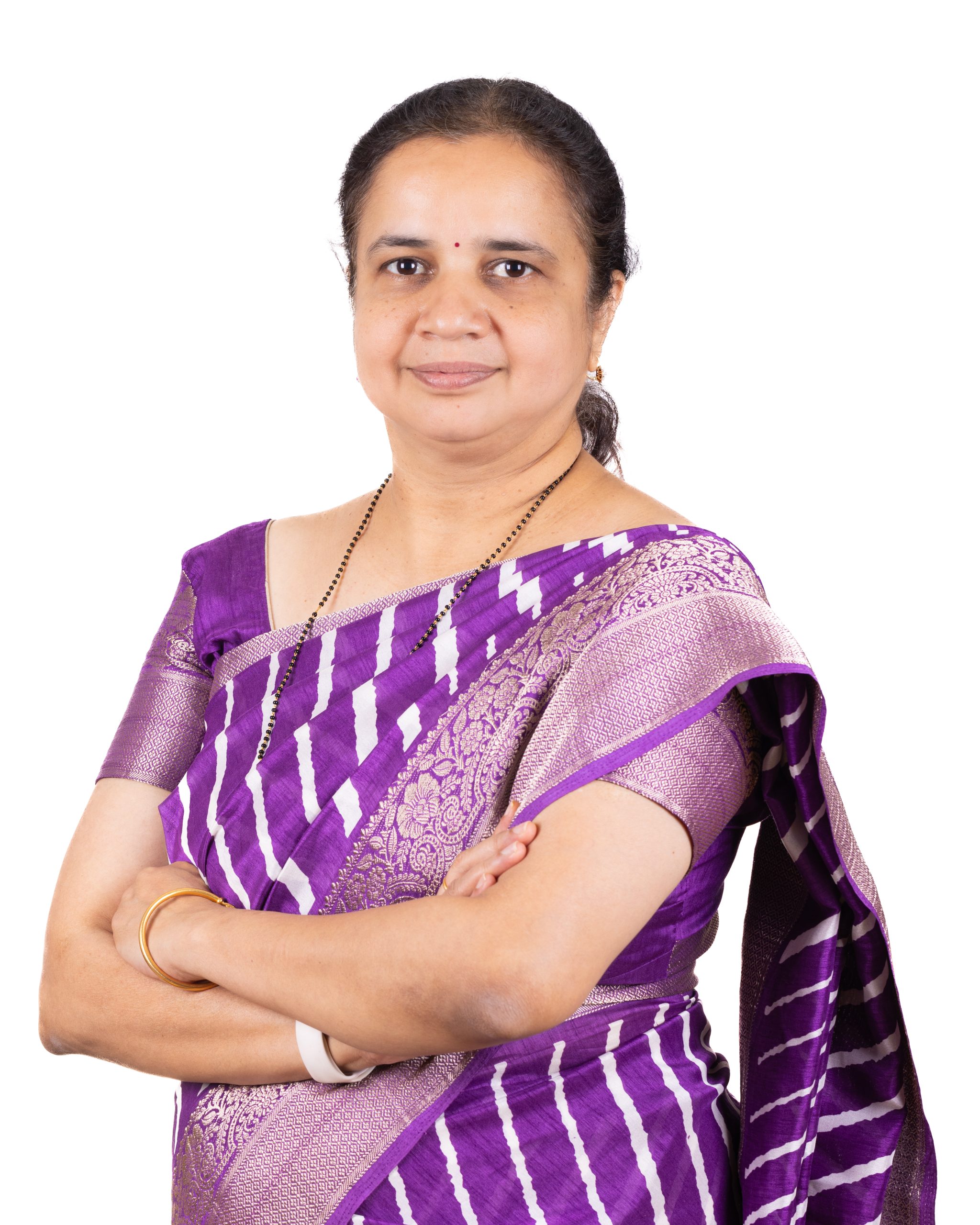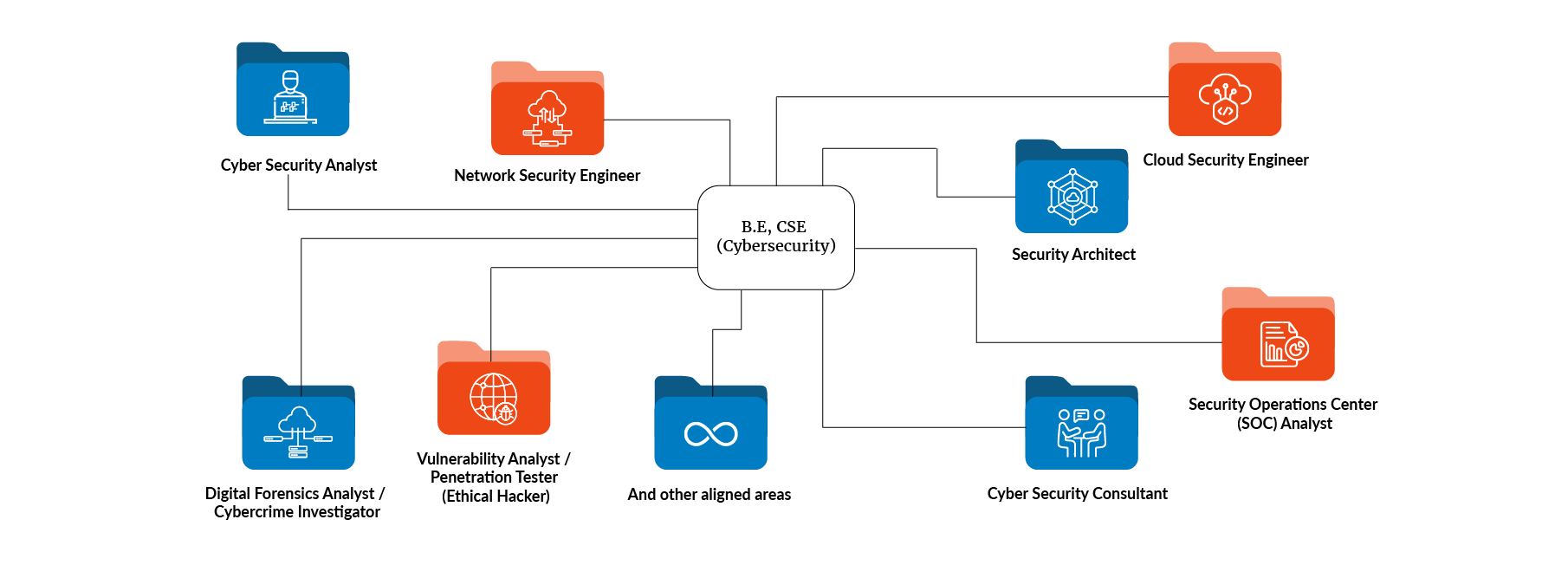
B.E. IN COMPUTER Science &
Engineering ( CYBER SECURITY )
Approved Intake
60
Duration
4 Years
About THE
PROGRAMME
The CSE (Cybersecurity) Programme provides specialised cybersecurity training to equip
students with the skills to reshape an organisation’s security strategy.
This comprehensive programme covers cryptography, API security, encryption, software security, network security, identity and access management, cloud security, hardware security, malware analysis, ransomware, vulnerability assessment, penetration testing, and related areas.
Upon completion, graduates will be prepared to tackle evolving cybersecurity challenges and safeguard organisational assets against cyber threats

Vision
The programme prepares students to design secure systems, think critically, and understand the ethical side of cybersecurity. Graduates are ready for roles in industry, government, or research, with skills to tackle modern cyber challenges.

Mission
- To evolve continually as a centre of excellence in quality education in computers and allied fields.
- To develop state-of-the-art infrastructure and create environment capable for interdisciplinary research and skill enhancement.
- To collaborate with industries and institutions at national and international levels to enhance research in emerging areas.
- To develop professionals having social concern to become leaders in top-notch industries and/or become entrepreneurs with good ethics.

From the Desk of
Dr. Minal Moharir Programme Coordinator (Cyber Security)
Greetings from RV College of Engineering!
As the Program Coordinator for the Cyber Security programme, I am delighted to welcome you to one of the most exciting and rapidly growing domains in the digital world. At RV College of Engineering (RVCE), we are dedicated to nurturing the next generation of cybersecurity professionals who are well-prepared to face the complex and ever-evolving challenges of digital security across industries.
Our B.E. in CSE (Cyber Security) programme offers a rigorous academic foundation, combined with extensive hands-on experience in key cybersecurity domains such as:
- Ethical Hacking and Penetration Testing
- Malware Analysis and Reverse Engineering
- Network and Application Security
- Applied Cryptography
- Cyber Forensics and Incident Response
- Cloud and IoT Security
- Threat Intelligence and Risk Management
- Ethical and Adversarial AI
Placement overview
Number of offers
Maximum stipend
Average
*Placements Ongoing
Top Recruiters & Industry Collaboration





MORE ABOUT THE DEPARTMENT
Programme Outcomes (PO)
Knowledge and Attitude Profile (WK)
Programme Educational Objectives (PEOs)
- PEO 1: Develop Graduates capable of applying the principles of mathematics, science, core engineering and Computer Science to solve real-world problems in interdisciplinary domains.
- PEO 2: To develop the ability among graduates to analyse and understand current pedagogical techniques, industry-accepted computing practices and state-of-the-art technology.
- PEO 3: To develop graduates who will exhibit cultural awareness, teamwork with professional ethics, effective communication skills, and appropriately apply knowledge of societal impacts of computing technology.
- PEO 4: To prepare graduates with the capability to successfully get employed in the right role / become entrepreneurs to achieve higher career goals, or take up higher education in pursuit of lifelong learning.


Programme Educational Objectives (PEOs)
- PEO 1: Develop Graduates capable of applying the principles of mathematics, science, core engineering and Computer Science to solve real-world problems in interdisciplinary domains.
- PEO 2: To develop the ability among graduates to analyse and understand current pedagogical techniques, industry-accepted computing practices and state-of-the-art technology.
- PEO 3: To develop graduates who will exhibit cultural awareness, teamwork with professional ethics, effective communication skills, and appropriately apply knowledge of societal impacts of computing technology.
- PEO 4: To prepare graduates with the capability to successfully get employed in the right role / become entrepreneurs to achieve higher career goals, or take up higher education in pursuit of lifelong learning.

Programme Specific Outcomes (PSO)
- PSO1 – System Analysis and Design
The student will be able to:
1. Recognise and appreciate the need of change in computer architecture, data organisation and analytical methods in the evolving technology.
2. Learn the applicability of various systems software elements for solving design problems.
3. Identify the various analysis & design methodologies for facilitating development of high quality system software products with focus on performance optimisation.
4. Display team participation, good communication, project management and document skills.
- PSO2 – Product Development
The student will be able to:
1. Demonstrate the use of knowledge and ability to write programmes and integrate them with the hardware/software products in the domains of embedded systems, databases /data analytics, network/web systems and mobile products.
2. Participate in planning and implement solutions to cater to business–specific requirements, displaying team dynamics and professional ethics.
3. Employ state-of-the-art methodologies for product development and testing/validation with a focus on optimisation and quality-related aspects.

Programme Specific Outcomes (PSO)
- PSO1 – System Analysis and Design
The student will be able to:
1. Recognise and appreciate the need of change in computer architecture, data organisation and analytical methods in the evolving technology.
2. Learn the applicability of various systems software elements for solving design problems.
3. Identify the various analysis & design methodologies for facilitating development of high quality system software products with focus on performance optimisation.
4. Display team participation, good communication, project management and document skills.
- PSO2 – Product Development
The student will be able to:
1. Demonstrate the use of knowledge and ability to write programmes and integrate them with the hardware/software products in the domains of embedded systems, databases /data analytics, network/web systems and mobile products.
2. Participate in planning and implement solutions to cater to business–specific requirements, displaying team dynamics and professional ethics.
3. Employ state-of-the-art methodologies for product development and testing/validation with a focus on optimisation and quality-related aspects.
Scheme and Syllabus
First Year
Second Year
Third Year
Fourth Year
Scheme and Syllabus
Second Year
Third Year
Fourth Year
B.E.-CSE Curriculum Structure (160 Credits)
Curriculum Component
Curriculum Content (% of total number of credits of the program)
Total Number of Contact hours
Total Number of Credits
Basic Sciences
Xxxxx Xxxxxx
Xxxxx Xxxxxx
Xxxxx Xxxxxx
Basic Engineering
Xxxxx Xxxxxx
Xxxxx Xxxxxx
Xxxxx Xxxxxx
Humanities & Social Science
Xxxxx Xxxxxx
Xxxxx Xxxxxx
Xxxxx Xxxxxx
Program Core
Xxxxx Xxxxxx
Xxxxx Xxxxxx
Xxxxx Xxxxxx
Program Electives
Xxxxx Xxxxxx
Xxxxx Xxxxxx
Xxxxx Xxxxxx
Open Electives
Xxxxx Xxxxxx
Xxxxx Xxxxxx
Xxxxx Xxxxxx
Project(s)
Xxxxx Xxxxxx
Xxxxx Xxxxxx
Xxxxx Xxxxxx
Intership/Seminars
Xxxxx Xxxxxx
Xxxxx Xxxxxx
Xxxxx Xxxxxx
Any other (Please specify)
Xxxxx Xxxxxx
Xxxxx Xxxxxx
Xxxxx Xxxxxx
Total number of Credits:
Xxxxx Xxxxxx
B.E.-CSE Curriculum Structure (160 Credits)
Xxxxx Xxxxxx
Xxxxx Xxxxxx
Total Number of Credits
Curriculum Component
Basic Sciences
Curriculum Content (% of total number of credits of the program)
Xxxxx Xxxxxx
Total Number of Contact hours
Xxxxx Xxxxxx
Total Number of Credits
Xxxxx Xxxxxx
Curriculum Component
Basic Engineering
Curriculum Content (% of total number of credits of the program)
Xxxxx Xxxxxx
Total Number of Contact hours
Xxxxx Xxxxxx
Total Number of Credits
Xxxxx Xxxxxx
Curriculum Component
Humanities & Social Science
Curriculum Content (% of total number of credits of the program)
Xxxxx Xxxxxx
Total Number of Contact hours
Xxxxx Xxxxxx
Total Number of Credits
Xxxxx Xxxxxx
Curriculum Component
Program Core
Curriculum Content (% of total number of credits of the program)
Xxxxx Xxxxxx
Total Number of Contact hours
Xxxxx Xxxxxx
Total Number of Credits
Xxxxx Xxxxxx
Curriculum Component
Program Electives
Curriculum Content (% of total number of credits of the program)
Xxxxx Xxxxxx
Total Number of Contact hours
Xxxxx Xxxxxx
Total Number of Credits
Xxxxx Xxxxxx
Curriculum Component
Basic Sciences
Curriculum Content (% of total number of credits of the program)
Xxxxx Xxxxxx
Total Number of Contact hours
Xxxxx Xxxxxx
Total Number of Credits
Xxxxx Xxxxxx
Curriculum Component
Open Electives
Curriculum Content (% of total number of credits of the program)
Xxxxx Xxxxxx
Total Number of Contact hours
Xxxxx Xxxxxx
Total Number of Credits
Xxxxx Xxxxxx
Curriculum Component
Open Electives
Curriculum Content (% of total number of credits of the program)
Xxxxx Xxxxxx
Total Number of Contact hours
Xxxxx Xxxxxx
Total Number of Credits
Xxxxx Xxxxxx
Curriculum Component
Intership/Seminars
Curriculum Content (% of total number of credits of the program)
Xxxxx Xxxxxx
Total Number of Contact hours
Xxxxx Xxxxxx
Total Number of Credits
Xxxxx Xxxxxx
Curriculum Component
Any other (Please specify)
Curriculum Content (% of total number of credits of the program)
Xxxxx Xxxxxx
Total Number of Contact hours
Xxxxx Xxxxxx
Total Number of Credits
Xxxxx Xxxxxx
Total number of Credits:
Xxxxx Xxxxxx
TOP CAREER OPTIONS

Research
Industry Sponsored Projects
Consultancy
Address:
RV College of Engineering, RV Vidyanikethan Post, Mysuru Road, Bengaluru – 560 059
Principal’s Office
Dr. K.N. Subramanya
Principal
RV College of Engineering
Phone no:
+91-080-68188100 / 8111
principal@rvce.edu.in
